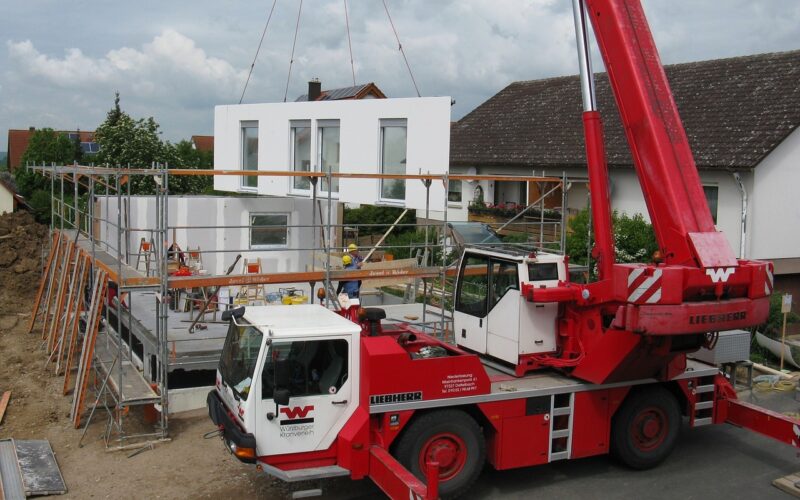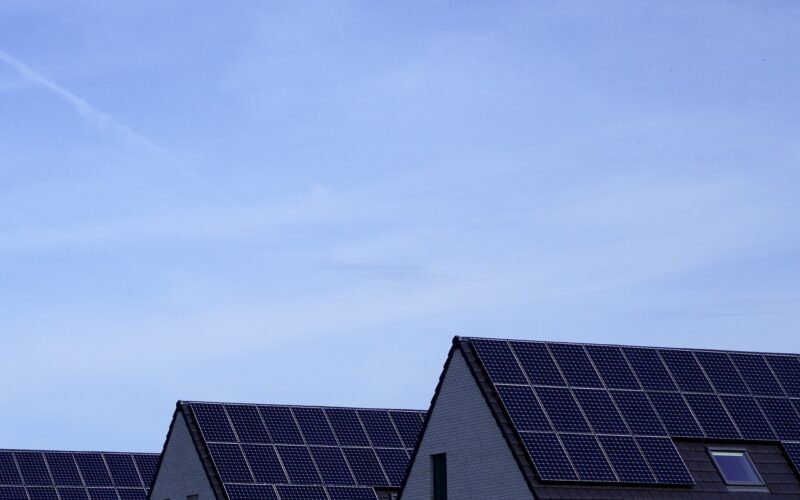Tech-Dependent Homes
In today’s world, our homes have evolved into hives of technological innovation. With advances in smart devices and the Internet of Things (IoT), we are witnessing an unprecedented infiltration of technology in our domestic lives. This development has undoubtedly made many aspects of home management more convenient, but it also raises questions about our growing dependence on these gadgets.
The rise of smart homes
The concept of the 'smart home' is no longer restricted to the wealthy or the technologically adventurous; it has become mainstream. We can now control various aspects of our homes right from our smartphones or voice-activated devices. Whether it’s adjusting the thermostat, checking security cameras, or turning lights on and off, there is a tech solution that can do it remotely. These conveniences have changed the way we interact with our living spaces, making them more responsive to our needs and preferences.
Convenience at a touch
The primary allure of home technology lies in its ability to offer unparalleled convenience. Households benefit from gadgets that save time and energy, such as robotic vacuum cleaners or smart kitchen appliances that can be programmed to cook meals without human supervision. Additionally, app-controlled devices allow homeowners to perform a variety of actions—such as preheating ovens or setting recording schedules for TVs—from anywhere, anytime.
Gadgets for safety and security
Another area of considerable growth is home security. Smart locks, alarm systems, and cameras connected to mobile devices provide real-time notifications and remote monitoring, giving people peace of mind. In emergencies, these systems can automatically alert homeowners and even contact emergency services, which is a vast improvement from traditional methods.
Entertainment and the digital household
Entertainment has been revolutionised by technology in the home too. Streaming services, gaming consoles, and high-definition televisions offer on-demand entertainment tailored to individual tastes. Gone are the days of scheduling life around television programming. Now, families can access a wide array of content at their convenience, further increasing the tech dependency within homes.
Technology as a double-edged sword
However, this techno-centric lifestyle comes with its own set of problems. Issues like privacy concerns, over-reliance on technology, and the environmental impact of accumulating e-waste are becoming serious considerations. When gadgets malfunction or become obsolete, the tech-dependent household can be left in disarray. Furthermore, the more devices are integrated into our homes, the more at risk we become to cyber-attacks or system failures that could compromise our personal information or safety.
Looking to the future
As we march towards an even more automated future, it is important to strike a balance between technology dependence and maintaining manual oversight. Sustainable practices in technology production and disposal, alongside robust cybersecurity measures, are essential. Residents must stay informed and be judicious when integrating technology into their homes, using it to enhance rather than dictate the rhythms of home life.
Technology has irrevocably transformed the functionality of our homes, intertwining convenience and efficiency with our daily routines. It’s evident that tech-dependent homes are here to stay, but it’s imperative that we remain mindful of how we manage the symbiosis between our lives and the technology we choose to surround ourselves with. The smart home must be just that – a dwelling that not only possesses intelligence but also encourages its inhabitants to be smart with their usage and choices.












